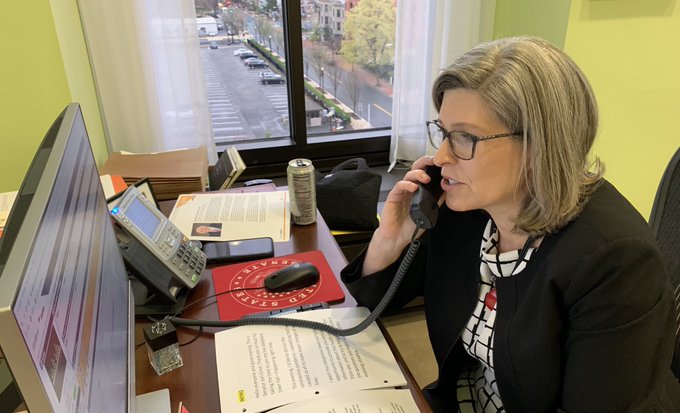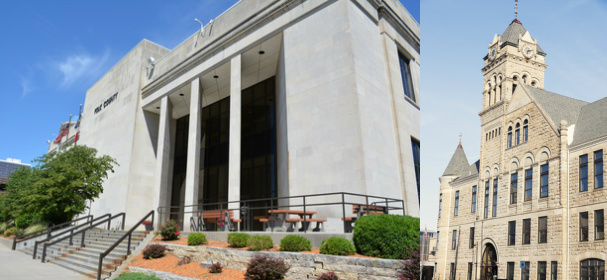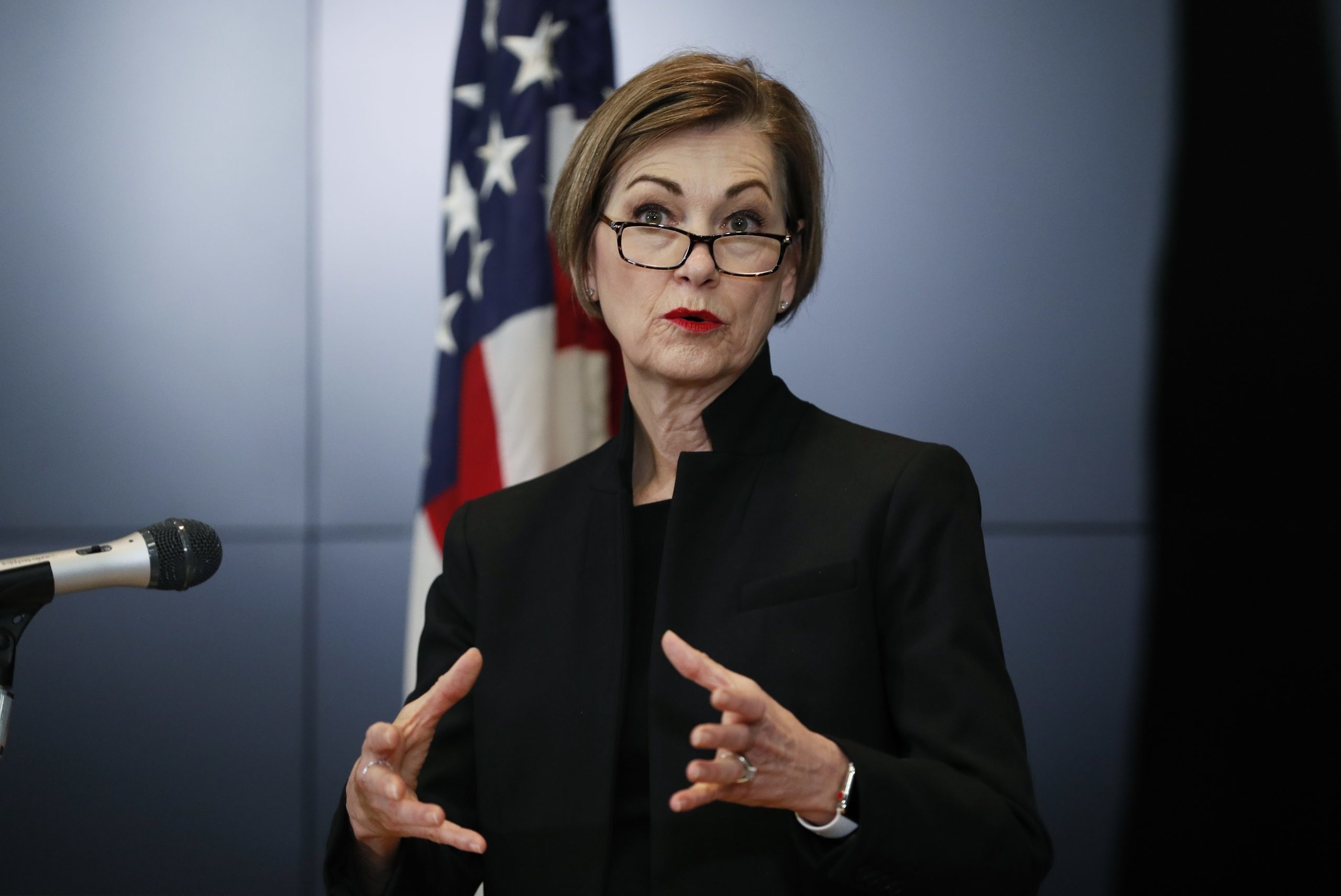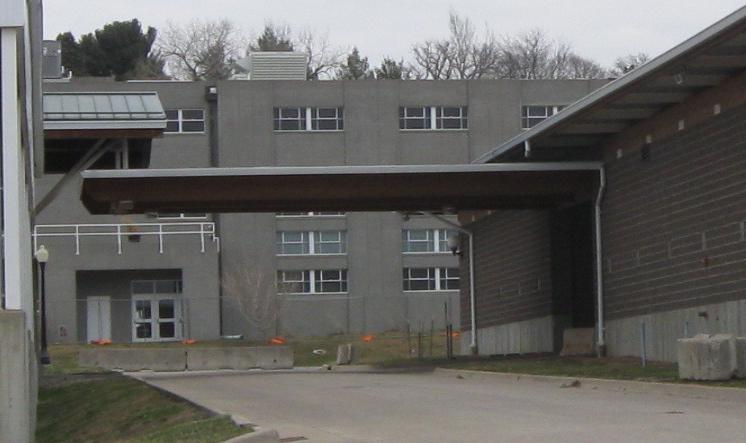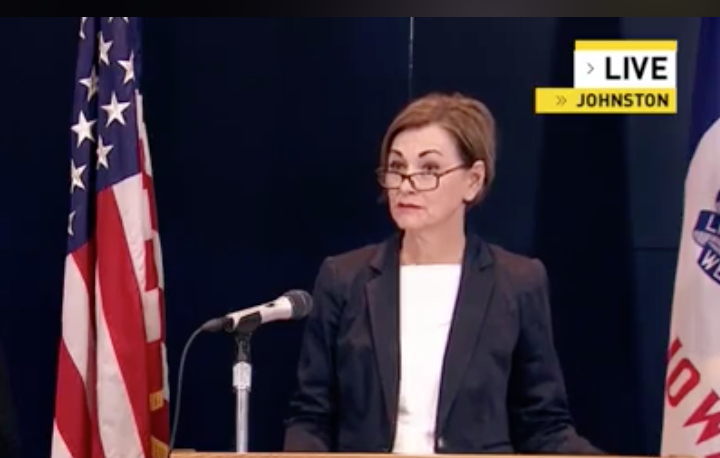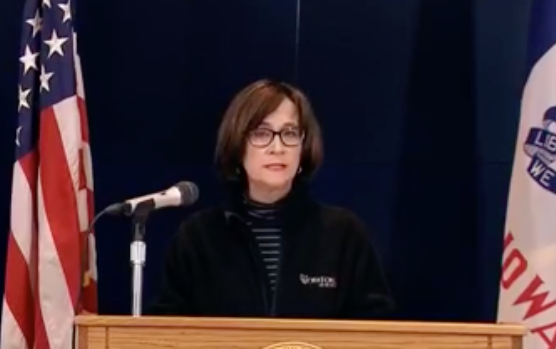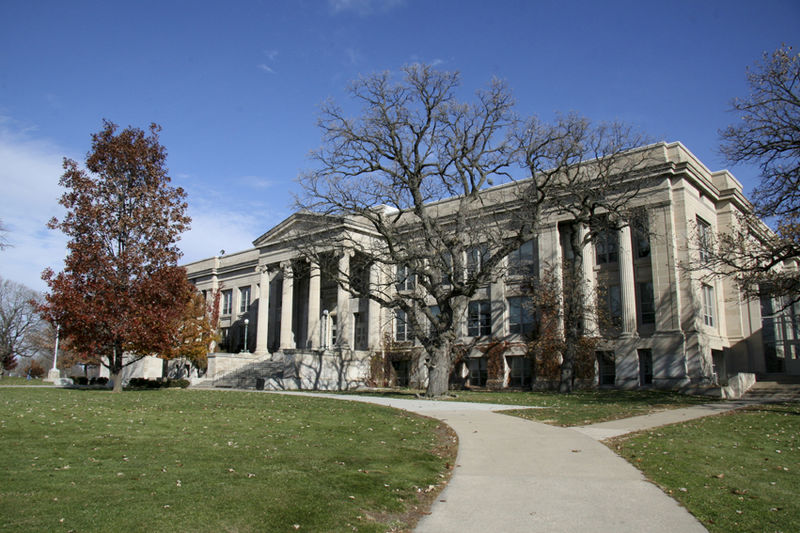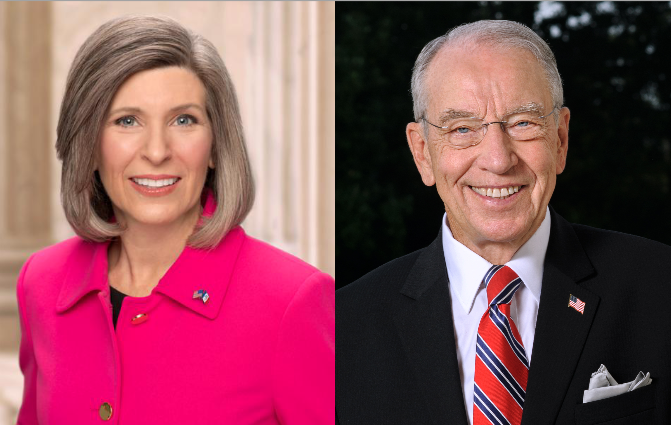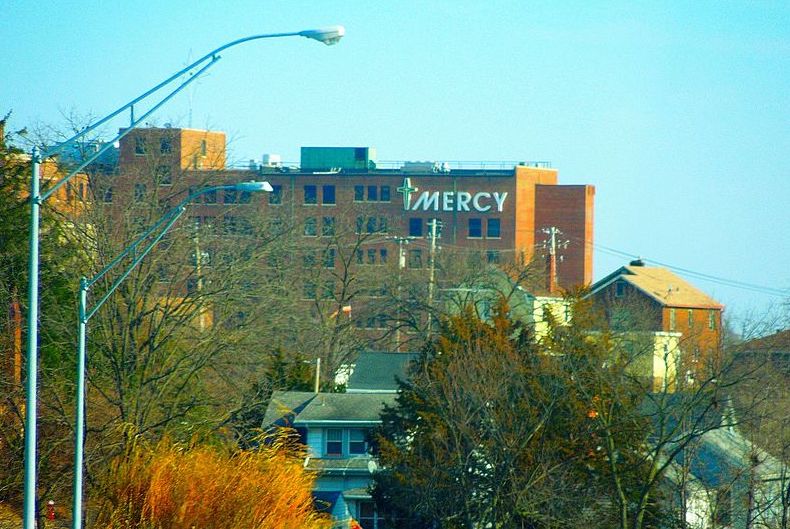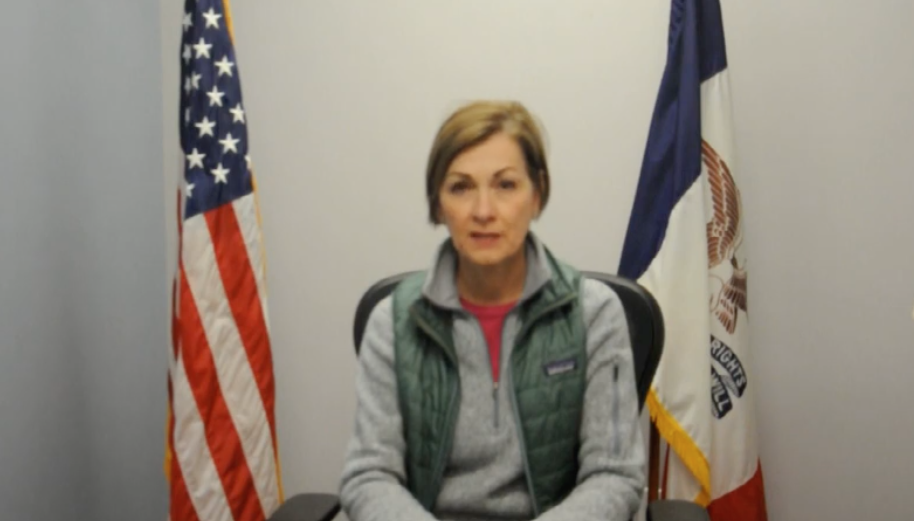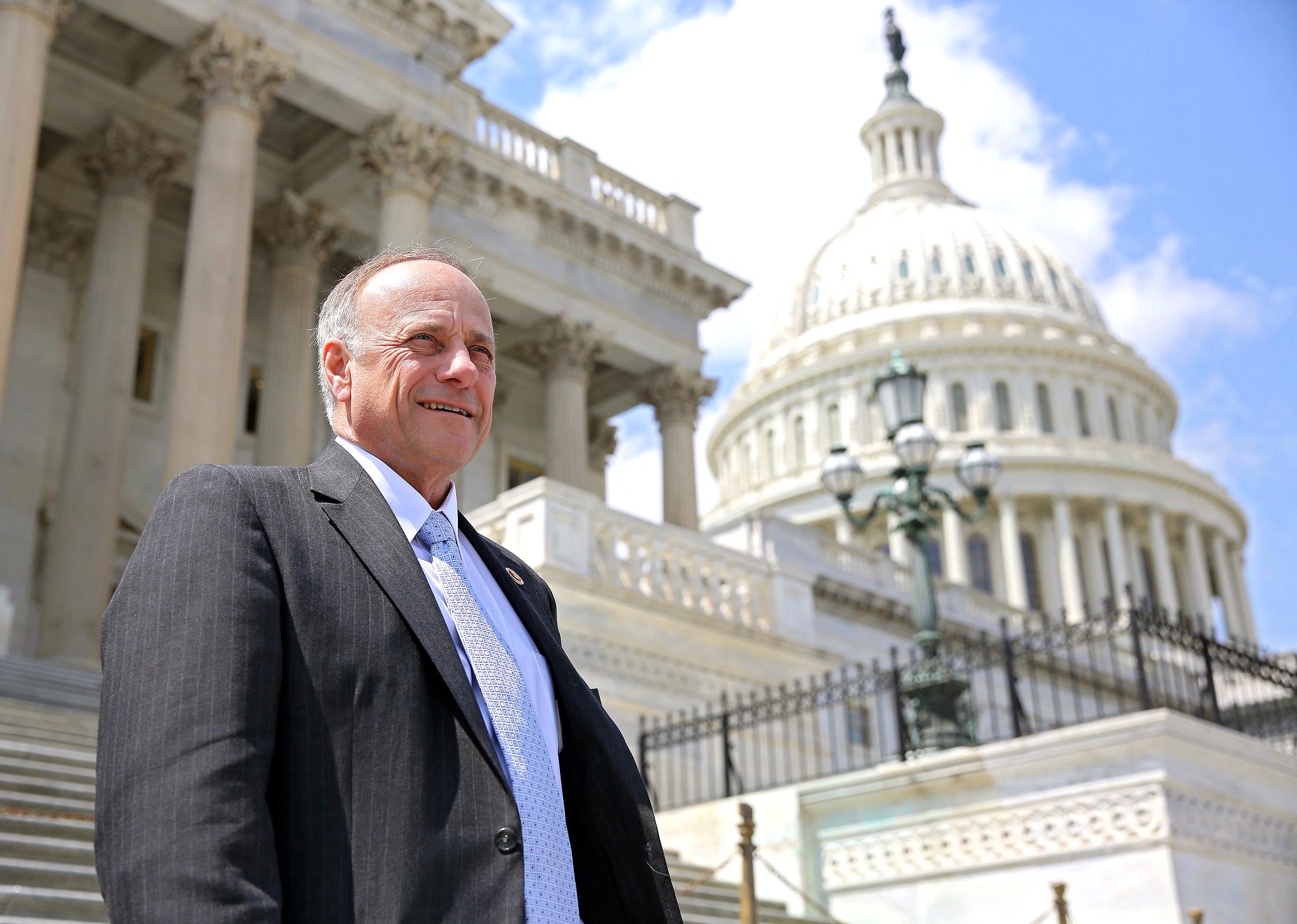John Norwood is a soil and water commissioner in Polk County. -promoted by Laura Belin
Once we get testing for novel coronavirus (COVID-19) up and running in a major way here in the U.S., if our “fire” is not burning too hot, we will be able to practice a strategy of contain and trace, like the South Koreans.
Hot spots like New York City can’t use this approach, because there are too many cases and vectors like subways and buses. In that case, the primary strategy is mitigation. We could use quarantine and self-quarantine and we try and manage the treatment demand for the most ill.
I think we may see a two-pronged strategy situation evolve. One for “hot fires,” places like New York City, and one for “brush fires” in rural states and smaller metro areas. From there, it is possible to manage new infections.
Continue Reading...

